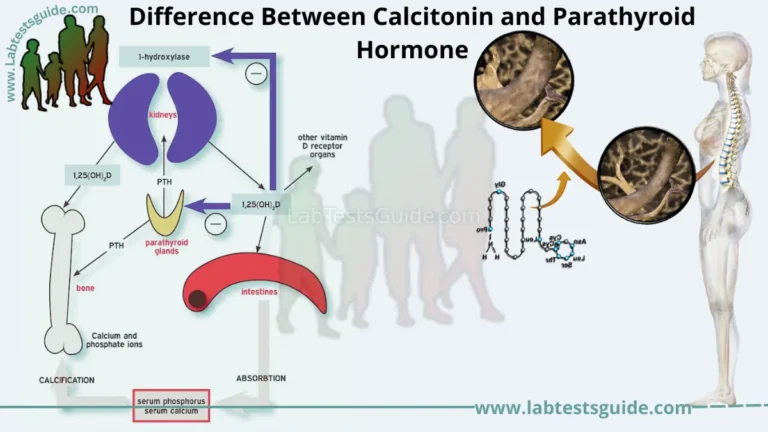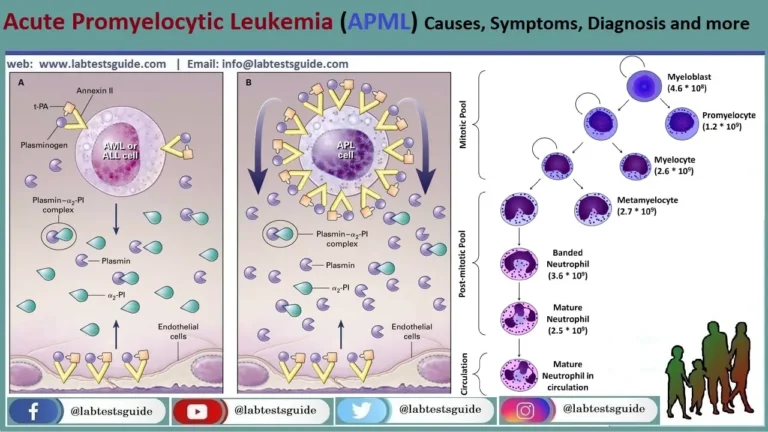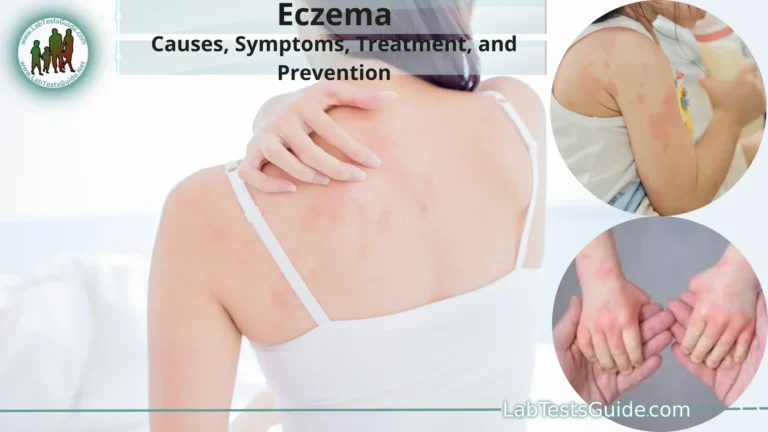Spotting in early pregnancy is a common occurrence, affecting up to 25% of pregnant women. It is usually caused by implantation bleeding, which happens when the fertilized egg attaches to the lining of the uterus. Spotting can also be caused by other factors, such as hormonal changes, cervical irritation, or infection.

Introduction
Pregnancy is an exciting and transformative time in a woman’s life, but it can also be filled with uncertainty and anxiety, especially during the early stages. Spotting, or light vaginal bleeding, is a common concern for many pregnant women. While it can be alarming, spotting doesn’t always indicate a serious problem. This article aims to provide a comprehensive understanding of spotting in early pregnancy, including its causes, symptoms, and when to seek medical attention.
Understanding Early Pregnancy
Early pregnancy refers to the first trimester, which spans from conception to the 13th week of gestation. This period is crucial for the development of the embryo and the establishment of the placenta. Spotting during this time is relatively common and can have various causes, some of which are harmless, while others may require medical attention.
Causes of Spotting in Early Pregnancy
- Implantation Bleeding: One of the most common causes of spotting in early pregnancy is implantation bleeding. This occurs when the fertilized egg attaches to the uterine lining, causing some minor bleeding. Implantation bleeding usually happens around the time of your expected period and is typically light and brief.
- Hormonal Changes: During pregnancy, your body undergoes significant hormonal shifts, including increased levels of estrogen and progesterone. These hormonal changes can lead to changes in your cervical and vaginal tissues, making them more susceptible to minor bleeding.
- Cervical Changes: The cervix, the lower part of the uterus, undergoes changes during pregnancy. Increased blood flow and sensitivity can cause cervical irritation and occasional spotting.
- Sexual Activity: Engaging in sexual intercourse, especially in the first trimester, can sometimes cause spotting due to increased blood flow to the pelvic area and sensitive cervical tissues.
- Infections: In some cases, infections like urinary tract infections (UTIs) or sexually transmitted infections (STIs) can cause spotting during early pregnancy. It’s crucial to treat these infections promptly to avoid complications.
- Ectopic Pregnancy: While less common, spotting can be a sign of an ectopic pregnancy, where the fertilized egg implants outside the uterus, typically in the fallopian tube. Ectopic pregnancies are a medical emergency and require immediate attention.
- Miscarriage: Unfortunately, spotting can also be a sign of a miscarriage, especially if it’s accompanied by abdominal cramping and the passage of tissue. Approximately 10-20% of known pregnancies end in miscarriage, and it’s essential to consult a healthcare provider if you suspect this is happening.
- Molar Pregnancy: A molar pregnancy is a rare condition where abnormal tissue grows in the uterus instead of a normal embryo. Spotting, along with other symptoms like severe nausea and vomiting, may be a sign of a molar pregnancy.
Symptoms of Spotting
Spotting can manifest in various ways, and its characteristics may vary depending on the underlying cause. Common symptoms of spotting in early pregnancy include:
- Light vaginal bleeding: Spotting is typically characterized by light bleeding that can range from a few drops to a small amount on underwear or toilet tissue.
- Pink or brown discharge: The color of the blood can vary from pink to brown, indicating older or fresher blood.
- Absence of pain: In most cases, spotting is not accompanied by severe pain. Mild cramping might occur but is usually manageable.
- Duration: Spotting associated with implantation bleeding is usually brief, lasting only a day or two. If it persists or worsens, it may be a sign of a more serious issue.
When to Seek Medical Attention
While spotting can be normal during early pregnancy, it’s essential to be vigilant and consult a healthcare provider when necessary. You should seek medical attention if:
- Spotting is heavy: If the bleeding is as heavy as a menstrual period or involves passing clots, it could be a sign of a miscarriage or other serious complication.
- Severe abdominal pain: Intense or persistent abdominal pain, especially if it’s accompanied by spotting, can be a sign of an ectopic pregnancy or miscarriage.
- Other concerning symptoms: If you experience symptoms like dizziness, fainting, shoulder pain, severe nausea and vomiting, or high fever along with spotting, seek medical help immediately.
- Repeated spotting: If spotting occurs repeatedly or persists for several days, it’s crucial to consult your healthcare provider to rule out any underlying issues.
- History of complications: If you have a history of ectopic pregnancies, miscarriages, or other reproductive health issues, consult your healthcare provider as soon as you notice spotting.
Conclusion
Spotting in early pregnancy is a common occurrence and is often harmless, attributed to implantation bleeding, hormonal changes, or cervical irritation. However, it can also be a sign of more serious conditions like ectopic pregnancy or miscarriage. Understanding the causes and symptoms of spotting and knowing when to seek medical attention can help alleviate anxiety and ensure the best possible outcome for both mother and baby during this critical phase of pregnancy. If you experience any bleeding during early pregnancy, don’t hesitate to contact your healthcare provider for guidance and reassurance. Your health and the health of your baby should always be the top priority.
Possible References Used






